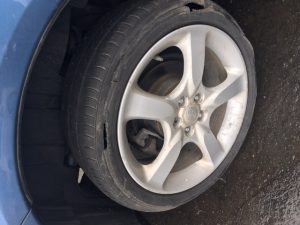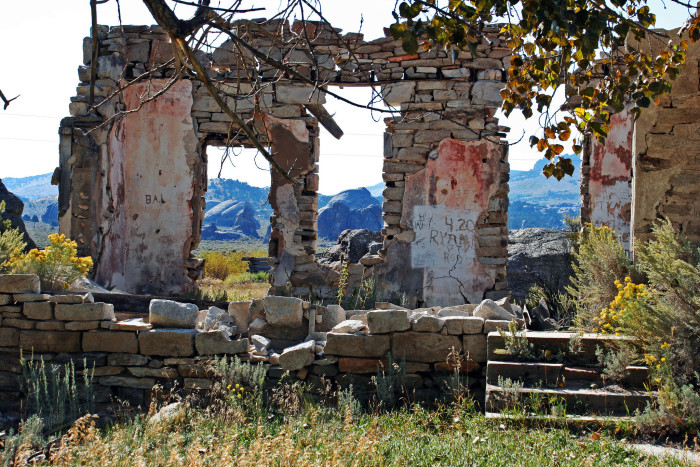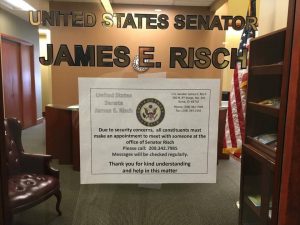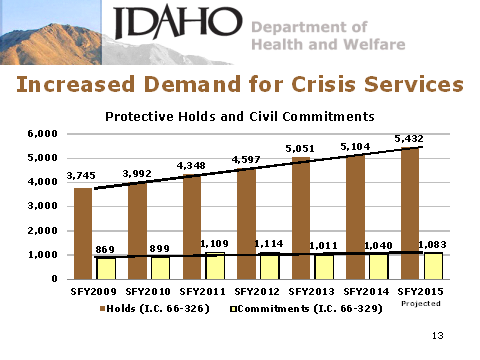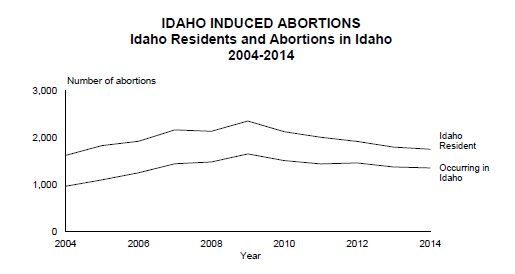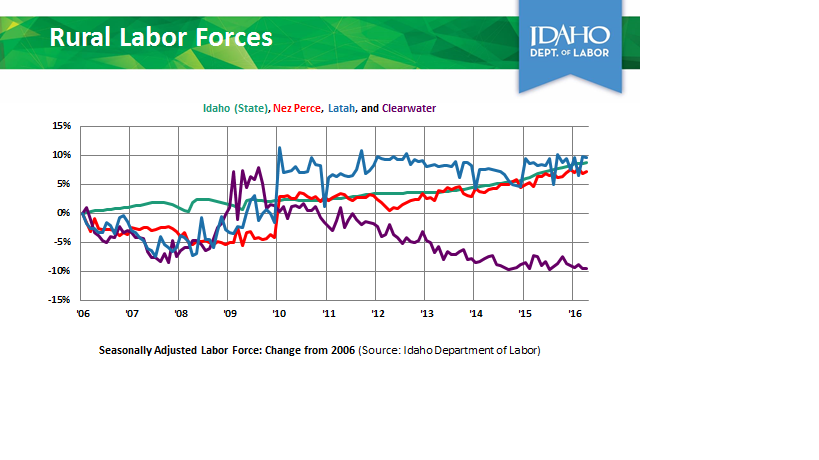The ObamaCare replacement plan the House Republicans are offering gets me off the hook for paying the penalty for being uninsured, but it’s like they want to give me a puppy. There’s a bigger obligation behind this little cute furry thing. Policy makers need to be honest about the puppies they are handing out. And we the voting public should be honest about whether we want a dog.
I dropped my state funded health insurance as a State Senator last year to try to prod my fellow legislators onto action. It didn’t work; they are still sitting on their hands about health coverage for all here in Idaho. Even though I voluntarily joined the 80,000 uninsured here in Idaho to make a point, I was still subject to the Individual Mandate penalty. The House “Repeal and Replace” Trumpcare solution would get rid of that penalty retroactive. It seems they think a tax incentive is a better motivator than a penalty. It’s like they think the Obamacare penalty is a kitten and their Trumpcare puppy is way better than a kitten.
All this posturing, from both Democrats and Republicans about how to “fix” the healthcare problems in this country is skipping some fundamental questions.
- Do we as a country believe that all people should have access to health care?
- Is private insurance the way such healthcare should be funded?
- Does the answer to these first two questions have anything to do with the overall cost of healthcare?
The answer to the last question is YES.
So let’s look at #1. As long as people do not accept the universal need (or requirement) to pay into the risk pool of health care, and instead want to roll the dice about their future health care needs, then the health care industry will shift the costs for the uninsured onto those who are enrolled. And the cost of insurance will climb like it has for years now. When costs are shifted, they cannot be controlled, no matter how transparent or vibrant the market.
I can appreciate the incentive to “go bare”. 95% of health care costs can be attributed to 50% of the people. It’s tempting to think you could just flip a coin and stay out of that expensive group. I served on the CAT Fund Board here in Idaho for 5 years and we paid millions to hospitals for those who wanted to choose heads. Bad things happen: medical costs lead bankruptcy filings. This thinking is antithetical to the principle of shared risk when one enrolls in an insurance plan. Fundamentally, are we willing to join a group and share our risk?
If we as a country cannot agree that EVERYBODY should be in the insurance pool (note, I did not say “private” insurance), then we have little hope to control rising healthcare costs.
The answer to #2 starts another rabbit hole of “what if’s”. As long as we stick with the private insurance model, and the majority of the insured get their insurance through the workplace, the self-employed, the small businesses will get the short stick. Private insurance companies don’t want to deal with the individual or small group health insurance market. Their business model works best with large groups of patients. This was what the “Exchanges” tried to fix in the ACA. But such markets needed constant adjustments as the players responded to cost pressures. And we have not had a willing congress to make any adjustments for 6 years now. The kittens can’t play with the puppies.
I want people to have access to healthcare. I want healthcare coverage to be portable, adequate and affordable. The Trumpcare proposal will result in more uninsured, rising costs and less leverage to manage costs. I want my elected representatives to act like adults and consider the importance of this issue. Health care costs are robbing the middle class and fear of catastrophe is crippling our productivity. These clowns can keep the puppy. And I don’t want the kitten either. We need real solutions.



